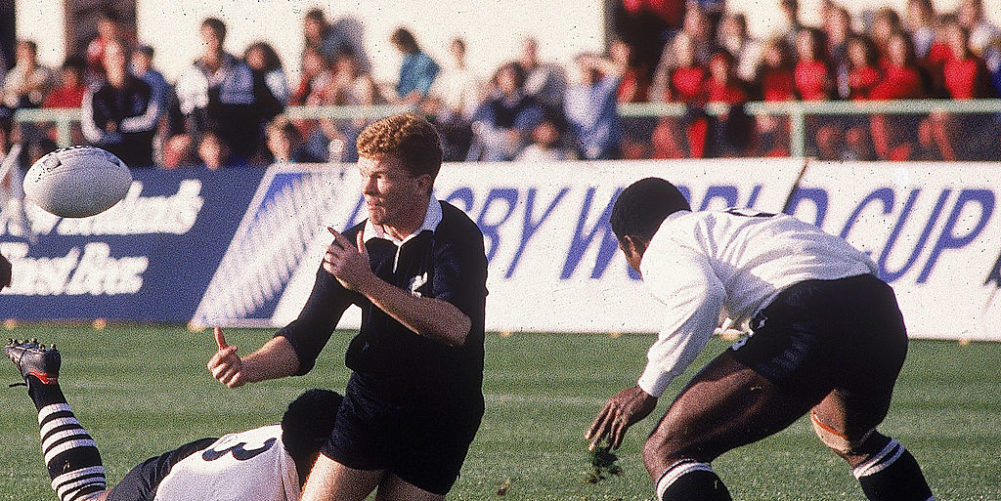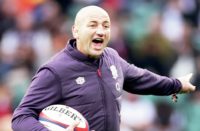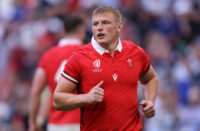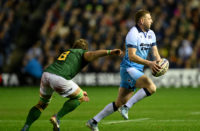As the first Englishman to win the World Cup and the only one to retire unbeaten, John Gallagher made the most implausible of journeys – from Old Askeans to the All Blacks via Blackheath.
If that sounds the tallest of tall stories, the Test record behind his stratospheric rise has a similarly fanciful ring to it: Played 18, Won 17, Drawn 1, Lost 0. As one of the few who has been there and done it, the Anglo-Irish Londoner from Lewisham knows how to find a way to the summit.
Gallagher can see the prospect of Yokohama on November 2 staging a final like no other, an all-Six Nations affair between the best of British: England against Wales. He bases that on the semi-final pairing visualised from long-distance: New Zealand v England, South Africa v Wales.
“I really can’t see beyond those four for the semis,” he says. “New Zealand will be the team to beat but they are beatable, as Australia showed recently. Wales and England are both potential world champions as are the Springboks.
“Wales are looking really strong. They lose one fly-half, Gareth Anscombe, and Dan Biggar, an outstanding player, comes in. Then they lose Biggar early on against Australia, Rhys Patchell comes in and maintains the high level of performance.
“There is no difference to the overall quality and that takes some doing. They have a hard-working front five, a captain who has a real aura about him in Alun-Wyn Jones and a very aggressive back row.
“And behind the scrum they also have probably the most under-rated player in the world, Jonathan Davies. They have passion and discipline and I think they’re better now than when they nearly got to the final in 2011.”
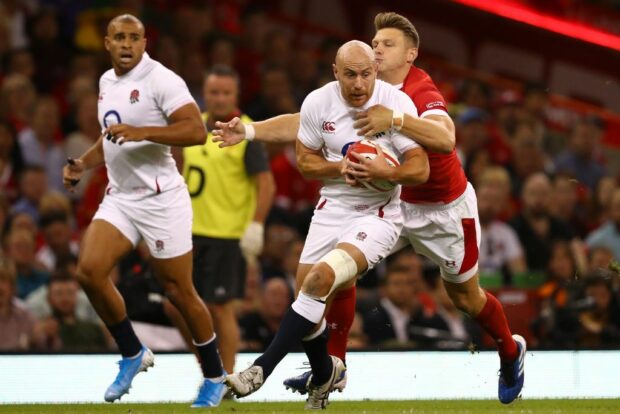
Gallagher, still fondly remembered on the far side of the world as ‘Kipper’, made his last stand as an All Black 30 years ago before cashing in his Union chips with a cross-code move to Leeds RL at Headingley. Even now, fully three decades later, New Zealand have still to lose a Pool match.
The predictable rout of an outclassed but gallant Canadian squad made it 30 wins out of 30 and a total of 262 tries. The anticipated mis-match against Namibia in the early hours of today will have made it 31 out of 31 with every likelihood of maintaining the long-term try average of almost nine per match.
Gallagher’s introduction for the first match at the first World Cup – Italy on a sunny Friday afternoon at a barely half-full Eden Park – turned out to be above-average. The All Blacks ran in 12 tries followed by 12 more in the next mis-match against Fiji at Hamilton where their new full-back ran riot to score four.
They were so far ahead of the rest that their crowning turned out to be a procession, a foregone conclusion. Steve Hansen’s redeployment of Beauden Barrett in Gallagher’s old position and introduction of Richie Mo’unga as a more reliable goalkicker at ten has made the holders all the more dangerous but they are far from certainties for a hat-trick.
“I’ve always been a huge supporter of Ben Smith as both a full-back and wing,” says Gallagher. “He’s been absolutely fantastic but he’s quite old now. Beauden makes breaks at will and Richie coming in as a second play-maker is working really well.
“South Africa were outstanding in the first 20 minutes of the Pool match until the All Blacks found a way to cope with their rush defence. They still have the ability to hit a purple patch and you find yourself 14 points down in the blink of an eye.
“Having said, I come back to the earlier point, that they are beatable. In that event, an England-Wales final would be absolutely brilliant for the northern hemisphere. It could happen.”
Something else could also happen, like the All Blacks’ priceless knack of finding a way out of the tightest corner undoing England and the Springboks overpowering Wales. That would mean a second final between the biggest beasts in the rugby jungle and the first since extra-time in Johannesburg 24 years ago, an infinitely greater occasion than a game of rugby.

